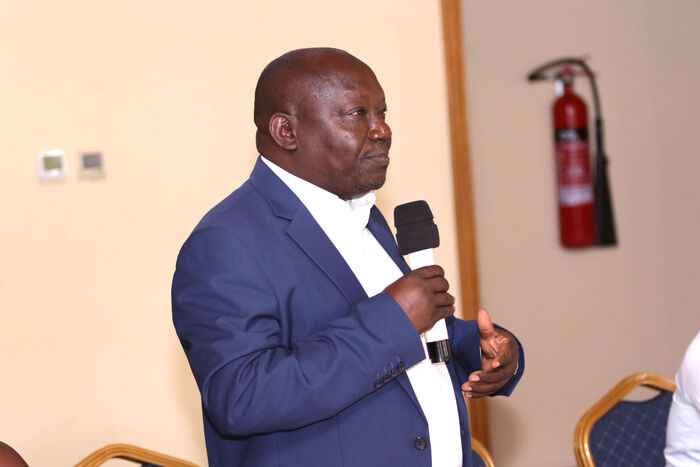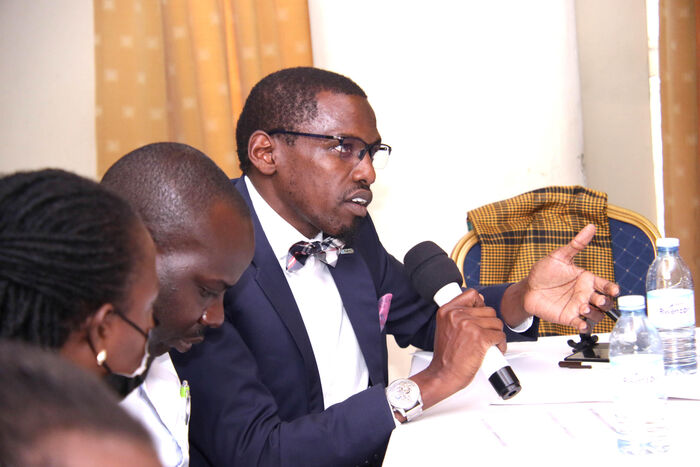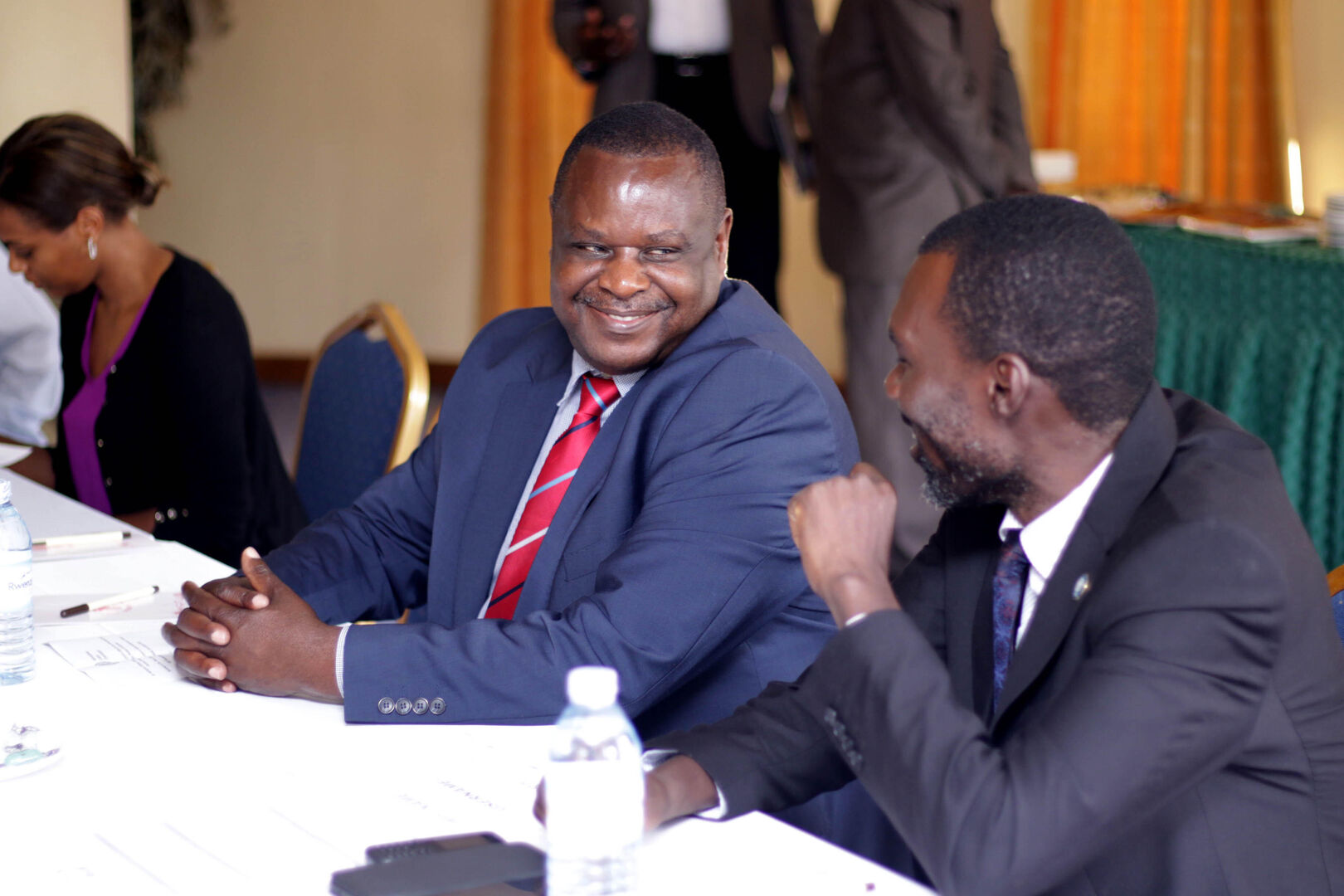

UGANDA. DECP ENHANCES SOCIAL DIALOGUE
The promotion of social dialogue at national and if possible at sectoral level has been a constant feature of the DECP programme in recent years. In Uganda the ground for social dialogue has always been fertile but at the same time not very productive. Indeed, thanks to cordial relations between employers and trade unions, there has always been a positive inclination towards social dialogue. But tangible progress, at least as traditionally measured via indicators such as the number, the coverage, or the contents of collective bargaining agreements, or institution building progress for social dialogue at national or sector level has hardly been observed.
Does it mean social dialogue is not vivid? For sure not as such, because these measurements are often formal and maybe with too strong emphasis on written outcomes, rather than on the dynamics of processes. And of course, there is also the political system, which is often, in many countries, a determinant factor for the role of social dialogue and the (limited)room for manoeuvre left to non-governmental actors. Whatever, there is clearly much room for improvement. And fortunately also good appetite amongst the social partners, as the two workshops, which were organised in October by FUE with DECP support, showed. They have been spot on in defining the challenges and gaps, and in exploring solutions with a large representation of trade unionists, employers and government officials.


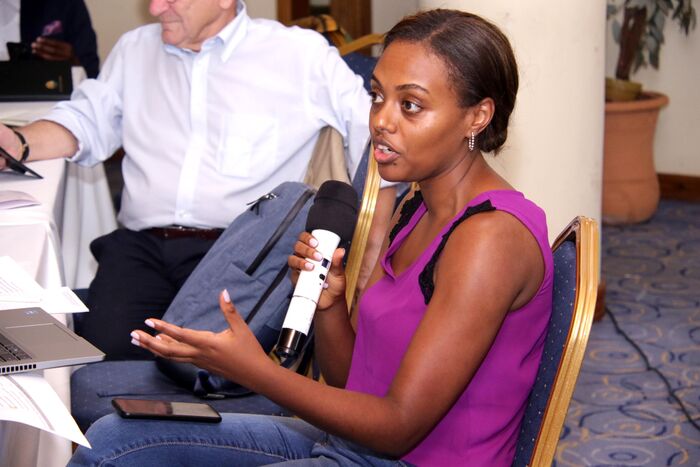

The first workshop was on a specific theme and examined the role of social dialogue in the skills development policies. Mrs Vozza, senior ILO expert based in Southern Africa, introduced the topic with a remarkable comparative overview on how social dialogue in other African countries tackled some of the challenges with which countries are confronted. The panoply of themes related to skills development and the constructive contribution of social dialogue was very inspiring for all participants. Also the ensuing interventions of FUE and trade unions, focusing on the Uganda situation, were both a wakeup call and a rich register of what could be done in the near future if social dialogue would be further developed in skills policies.
Amongst the many points, just a few. Better input of social partners in educational policies and in TVET, where the ministry of education -responsible for these departments- is called upon to work closer with the social partners. It would allow better more labour market oriented training and hence easier transition for youngsters from school to work. Improvement also of employment opportunities via a better organised apprenticeship system. The need for better labour market information was also underlined, to increase insight in labour market needs and to inform also youngsters on the opportunities or risks with certain choices. The issue of lifelong learning for those already in employment: lack of continued training hampers companies and workers alike in their future growth. And so many more themes and ideas were floated.
The main challenge of the social partners, including the government, will now be to come to concrete priorities and proposals and to continue in an action oriented perspective the social dialogue. It is in any case clear that there will be only winners if the process is taken forward.
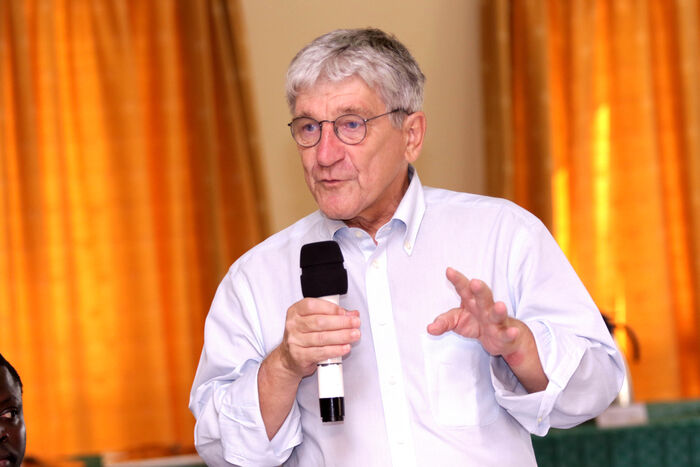

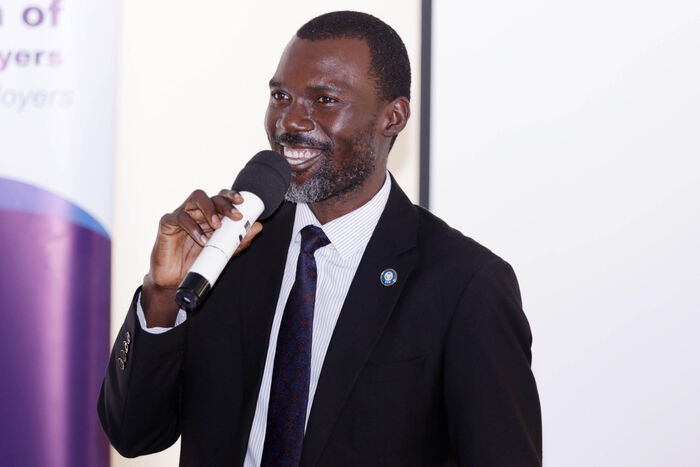

The second workshop explored, in a broader perspective than the previous one on skills, the future of social dialogue in Uganda. Although the title may suggest a sort of academic exercise, the workshop was very concrete : it took the Tripartite Charter – a gentlemen’s agreement on the relationship between trade unions, government and employers organisations, concluded about 10 years - as the main anchor point for the discussion. This Charter was and is a landmark document: a good definition of the respective roles and engagements is an essential part in the organisation and governance of an sound system of industrial relations. But such agreements must be regularly checked and renewed, on their contents and impact. And that was exactly the major purpose : What are the gaps and more problematic issues? What can we do about that?
A high level panel of participants and speakers explored these themes. Without going into detail on the contents, the discussions were strongly engaged and focused on creating a more effective labour relations environment to enhance social dialogue and collective bargaining in Uganda. Issues such as trade union and employers’ organisations capacity, trade union freedom and alleged discrimination of trade union members, compliance with regulations of CBA’s, the binding character of CBA’s towards union members and non-union members, the level of collective bargaining, the representativeness of trade unions, the situation of outsourced labour, the strikes and disputes solutions all passed the floor.
Without arriving at fixed conclusions, there were some tendencies observable which were important. Just some key elements : the emphasis and willingness to develop further in a certain degree of harmony the industrial relations system and climate ;the need to take measures to avoid trade union discrimination by some reluctant employers; the continuing willingness to keep the tripartite relations exclusive for employers, trade unions and the state and not to include NGO’s; the need to move further with effective alternative dispute resolutions (ADR) systems
In general, it was interesting to see the high level of discussions. Interestingly enough, the discussion was partially concentrated on the underlying question on how to maintain a (voluntary gentlemen’s agreement) inspired system, which also achieves a high level of compliance of collective bargaining agreements, within an environment where trade union power is rather weak. The environment being very probably not strong enough to ensure enforcement, without legal interventionism ; but which most would not trust either. An interesting conundrum. Maybe social dialogue of a more general , consensus oriented nature, more focused on the exchange of mutual concerns ,information and opportunities, and not always on bargaining as such, can be a partial answer to advance in mutual respect and understanding.
Most important, it was convened to move the discussion from general to practical: revise the Tripartite Charter as a first step, under the leadership of the Commissioner of Labour Relations. And then move forward to enhance social dialogue via other initiatives. Goal: optimise its wide opportunities for sustainable economic- social development and more democratic involvement.
